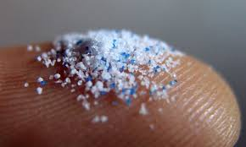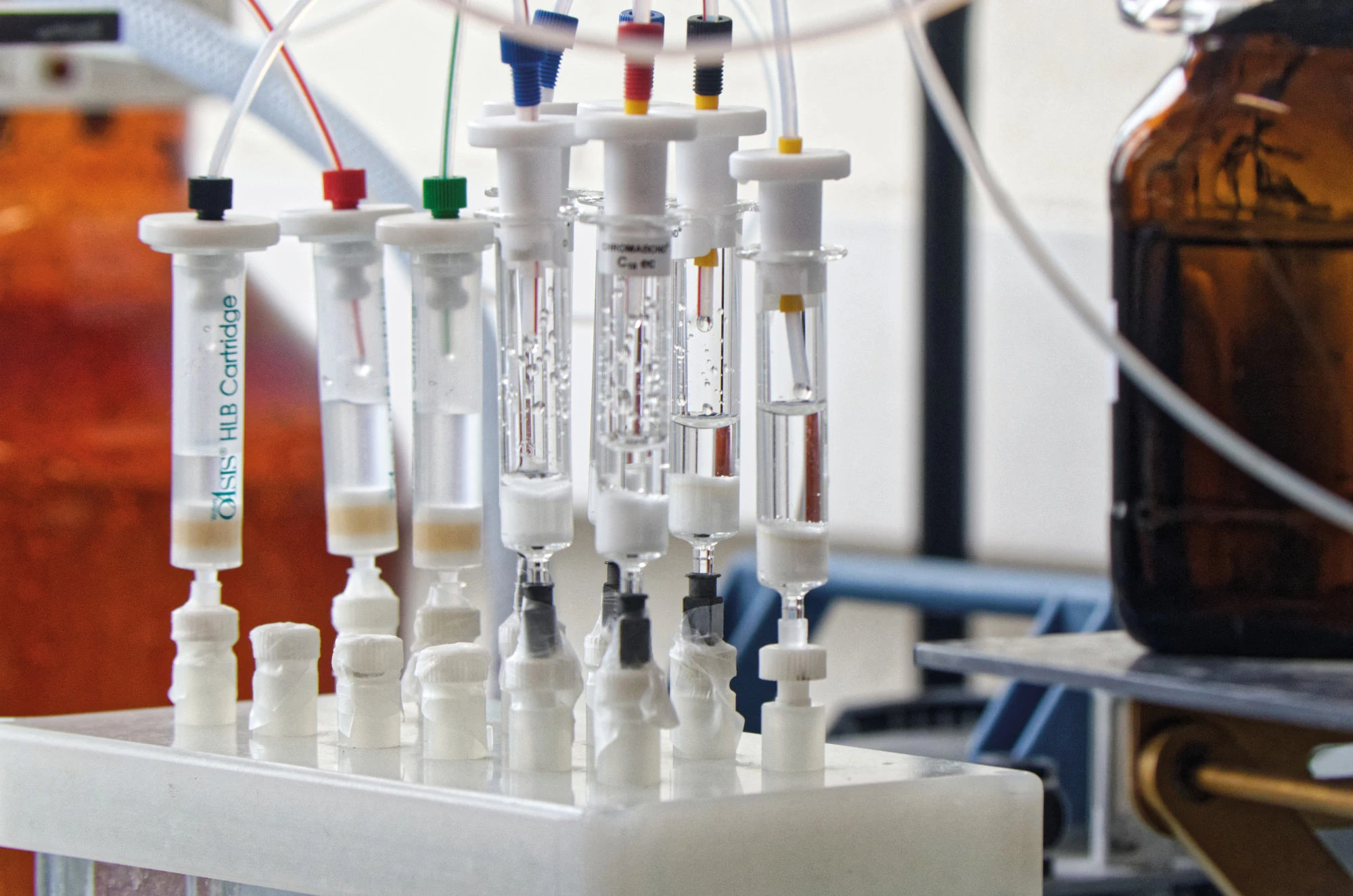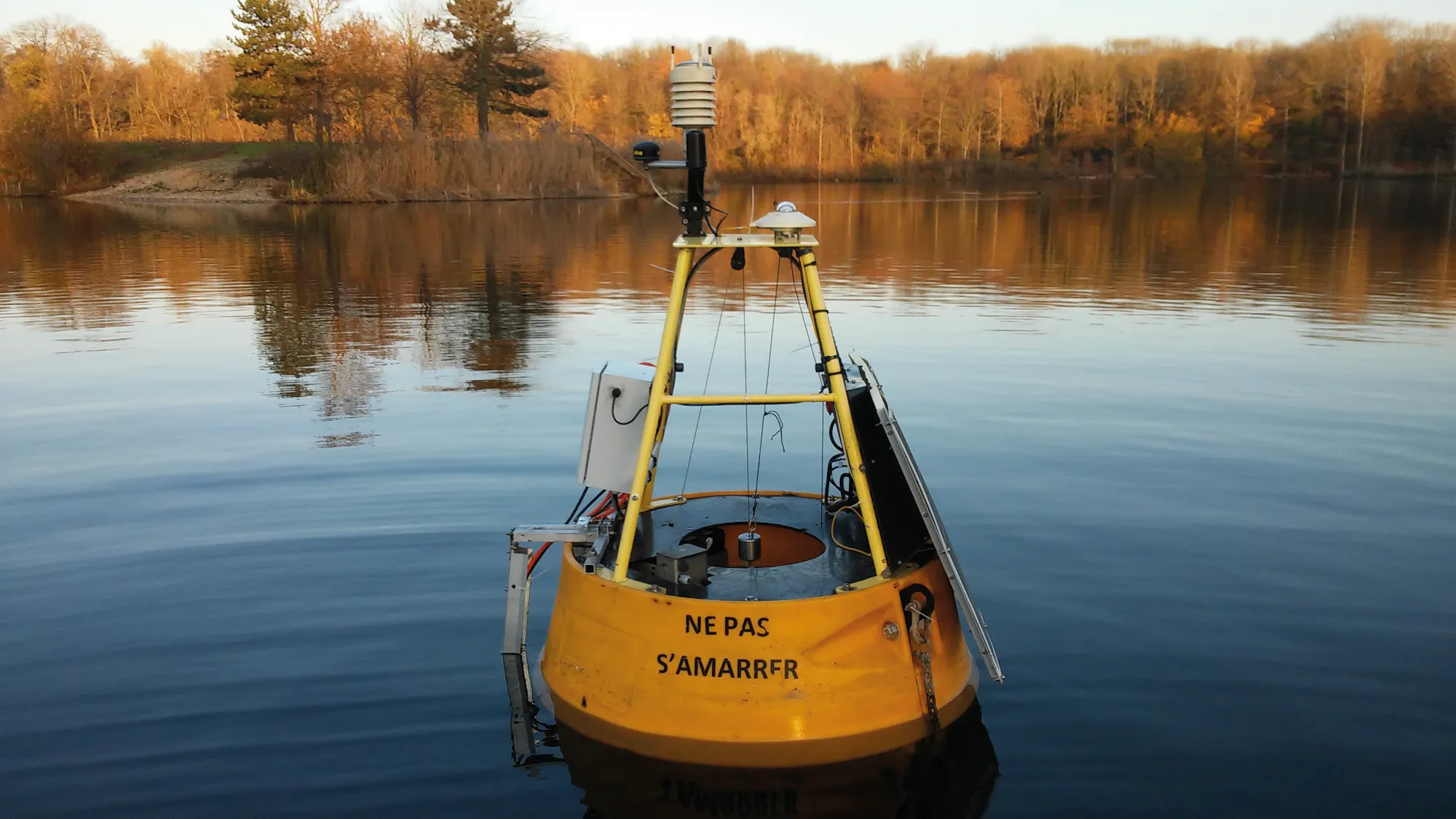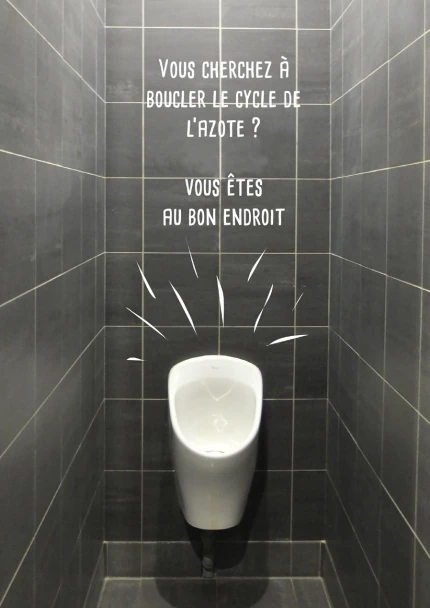Le prochain séminaire du LEESU aura lieu le mercredi 20 janvier 2016 matin à l’École des Ponts ParisTech (plan d’accès) en salle P203.
Nous recevrons David Mc Carthy (Monash University, Australie) qui nous présentera ses travaux.
Abstract
Cities rely on their urban water systems to provide multiple benefits to communities, including provision of : drinking water, flood mitigation, cultural traditions, aesthetic appeal and recreational opportunities. However, faecal contamination carrying human pathogens is the leading cause for the degradation of these waterways. To mitigate this contamination, we must first understand the sources of these pathogens and the processes they undergo after entering such systems. This presentation will provide an overview of the work the Environmental and Public Health Microbiology Laboratory (EPHM Lab) at Monash University have conducted to understand the transmission of Campylobacter and Salmonella from human and animal faeces into our urban water systems. In particular, the presentation will focus on the methods we have developed to (1) understand the risks posed by bacterial pathogens to humans utilising urban waters for either active recreation or as an alternate water source, (2) determine the sources of bacterial pathogens in urban water systems, and (3) mitigate the transmission of these bacterial pathogens into waterways using natural treatment technologies.









 Productions scientifiques
Productions scientifiques Moyens techniques et équipements
Moyens techniques et équipements Expertise et disciplines
Expertise et disciplines


